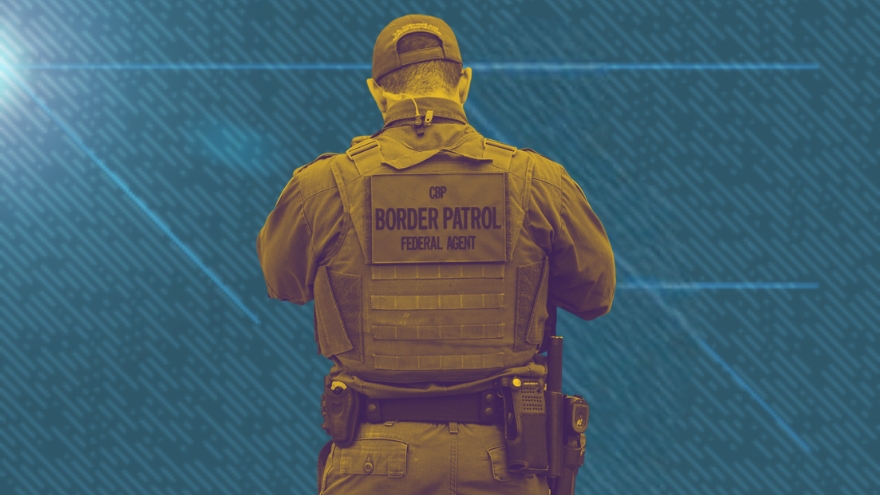In December, Texas Gov. Greg Abbott signed the legislative package into law, setting up a showdown with the federal government. “President Biden’s deliberate inaction has left Texas to fend for itself. Today, I will sign three laws to better protect Texas—and America—from President Biden’s border neglect,” Abbott said at the time. Senate Bill 3 provided $1.54 billion in funding to construct a border wall, while giving state police $40 million to cover overtime expenses and other costs associated with border enforcement. Senate Bill 4 made it a state-level crime to illegally cross into Texas from Mexico. Prior to the legislation, it was only illegal to enter the U.S. without permission under federal law. Without a state law passed, police could only charge illegal aliens with trespassing. “These laws will help stop the tidal wave of illegal entry into Texas, add additional funding to build more border wall, and crackdown on human smuggling,” Abbott said. On Feb. 29, a federal court blocked the law from taking effect, arguing that the federal government was likely to eventually win its legal challenge. “No matter how emphatic Texas’s criticism of the federal government’s handling of immigration on the border may be to some,” Judge David Ezra wrote in his 114-page decision, “disagreement with the federal government’s immigration policy does not justify a violation of the Supremacy Clause” of the Constitution. However, just two days later, the 5th U.S. Circuit Court of Appeals reversed the court’s ruling, pausing the order for seven days, giving the federal government time to appeal the issue to the U.S. Supreme Court. If the Supreme Court declines to hear the case, the Texas law could go into effect on Saturday. Texas lawmakers relied on several provisions within the U.S. Constitution, which legal experts explain allow state governments to enforce border security if the federal government is unable or unwilling to do so.A U.S. appeals court has temporarily vacated a judge’s ruling blocking a Texas law that gave state law enforcement officers the power to arrest, prosecute, and deport migrants who illegally cross into the U.S. through the nation’s southern border.
Border /
Court Halts Block On Texas Law Allowing Authorities to Arrest Illegal Border Crossers
If the U.S. Supreme Court Declines to hear the case, the law could go into effect this weekend

*For corrections please email [email protected]*
